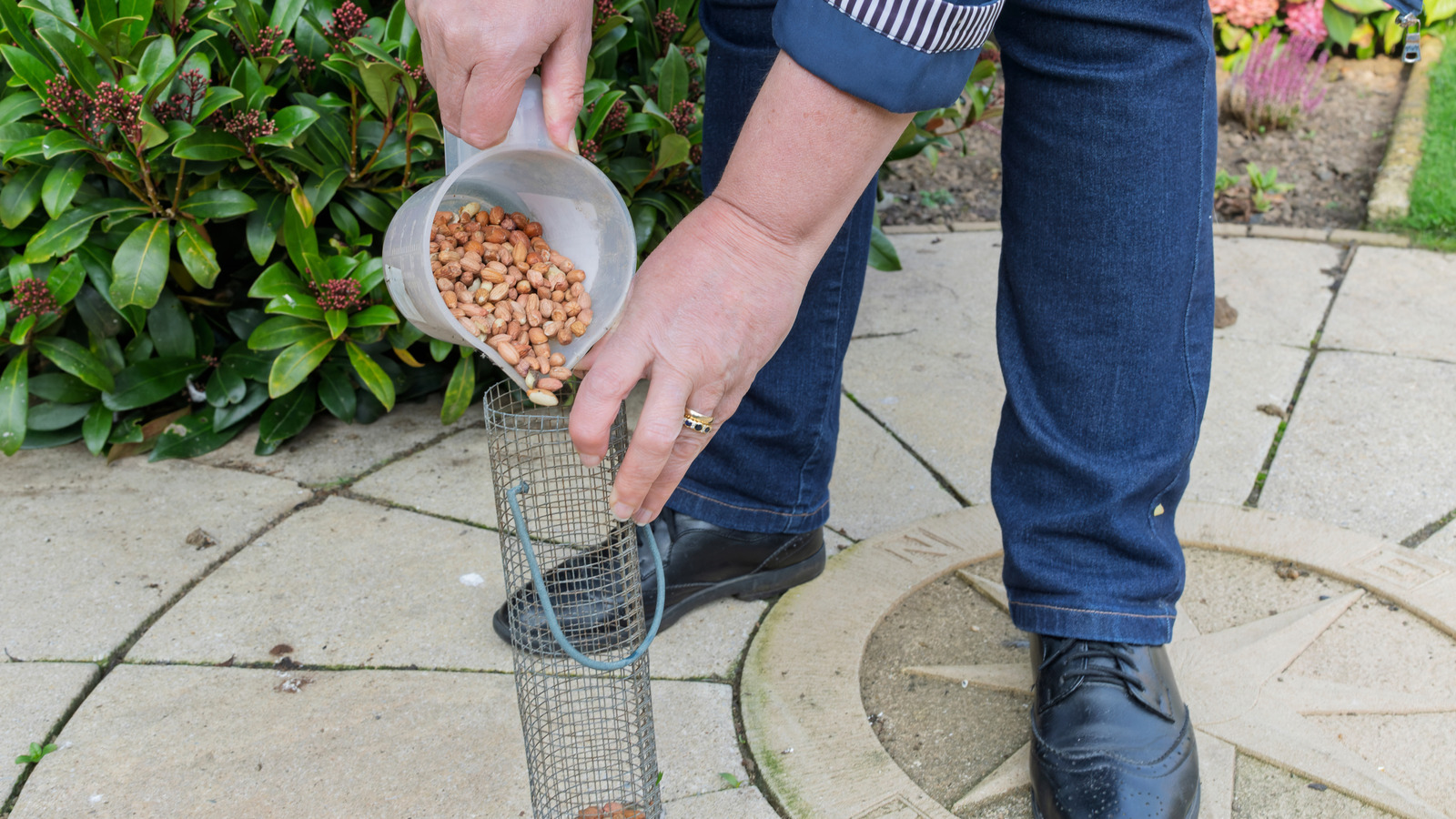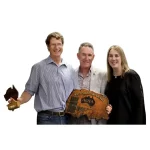
When you have a variety of birds frequenting your backyard, figuring out how to feed them all can be challenging. A popular approach is purchasing a bird food mix with an assortment of seeds. However, standard seed blends don’t appeal to all bird species and often include fillers that go unused. Sunflower seeds are among the most adaptable components of regular seed mixes and can attract numerous seed-eating songbirds. However, these seeds don’t meet the nutritional needs of another crucial bird group: vermivores.
The term “vermivore” refers to “worm-eating” birds. Birds such as robins, owls, woodpeckers, certain warblers, and other beneficial species fall into this category. While some birds may exclusively consume worms and bugs, others might also eat regular seeds. For instance, robins primarily forage on the ground for beetles, earthworms, and spiders, whereas woodpeckers can consume mealworms, insects, berries, and seeds. Due to the varied diets of different bird species, traditional seed feeders may only attract certain birds.
How to support vermivores in your backyard
To cater to all birds that visit your backyard or garden, it’s essential to provide a variety of foods that meet the dietary needs of various bird types. To support vermivores, consider investing in a mealworm feeder. You can feed vermivores either live or dried mealworms, which serve as vital protein sources. Many people opt for dried mealworms for convenience and cost-effectiveness compared to live ones, such as TradeKing Mealworms. Patience may be required, as these might not attract as much attention as live mealworms.
Bird feeders offer numerous benefits, but to cater to both seed-eaters and vermivores, you’ll need two separate feeders. A platform-style feeder is suitable for mealworms, although a large rimmed dish can also work for this purpose. It’s important to use mealworms sparingly as occasional treats for songbirds that also eat seeds, to avoid the mistake of overfeeding bluebirds.
For seed-eaters, ensure you provide a variety of seeds, including sunflower seeds, corn, peanuts, millet, and safflower seeds. You might also consider consulting a local ornithologist who can recommend specific seeds tailored to the bird species most likely to be in your area at different times of the year.






